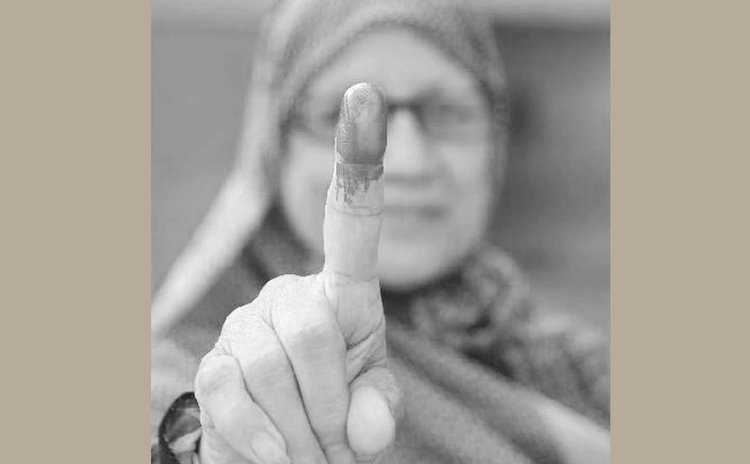A brief legal analysis of proposed changes to the Registration of Electors Act

On Monday September 10, 2018 I attended the national consultation on electoral reform where I picked up a copy of the draft bills. Later I wrote the following analysis of the proposed section dealing with overseas confirmation of registration.
Any citizen of Dominica who has attained the age of 18 years of age and is not otherwise disqualified by law, has the right under Section 32(2) of the Constitution of the Commonwealth of Dominica both to be registered as an elector and to vote in national elections, with the clear implication that the State shall not allow, and will seek to remove, any impediment to the lawful exercise of these rights. It must be understood that any impediment to the right to be registered as an elector is also an impediment to the right to vote, and that in 40 years of independence neither of these rights has been exercised outside of the territorial boundaries of the country. The question is whether the new Section 31 to be added by amendment to the Registration of Electors Act and which proposes to change this 40 year electoral history is a valid exercise of the State's implied obligation under the Constitution. I suggest that it is not, fully aware that only the facts of law must guide my analysis.
The Objects and Reasons section of the Registration of Electors (Amendment) Bill, 2018 describes what the new Section will do but provides no justification for the change. More relevant to this analysis are the remarks made by the Foreign Minister during the Forum on the proposed amendment and which will become part of the Legislative Record.
Minister Baron offered the justification that to require citizens who currently reside overseas to come to Dominica to confirm their registration would impose a great burden on those citizens. Implicit in these remarks is a declaration by the Minister that overseas residence - a voluntary decision - is an impediment to the right to registration. It is this impediment that Section 31 seems to remove, as the Constitution by implication requires. But there is an unintended consequence to the Minister's declaration.
If the occupational and travel arrangements that are necessary for travel to Dominica constitute a burden related to the right to be registered they must also constitute a burden to the right to vote, because both rights are not exercised at the same time. The simple act of identifying foreign travel as an existing impediment to the right to be registered - a burden that would have been brought about by the citizen's exercise of her right to free movement - coincidentally creates an impediment to the right to vote. If it is a burden to come home for the registration process it would also be a burden to come home to vote. If it is an impediment to the right to be registered to require these citizens to confirm their registration within the territorial boundaries of the state it would also be an impediment to the right to vote to require them to return to the island to cast their ballots for any election. The analysis could end here since the Constitution impliedly forbids the State from creating impediments to the rights defined by the Constitution. The simplest solution is to withdraw Section 31 which identifies foreign residence as a burden on the right to registration.
If the State believes it can persist with this amendment to the Registration of Electors Act as its Constitutional obligation, it must also make provisions in law to remove the implied impediment to the right to vote. As has been noted at the outset, the Constitution gives the State the unfettered responsibility to remove any impediment to these rights. Unfortunately, unlike other impediments, unconstitutional Poll Taxes being one example, removal of this impediment to the right to be registered does not automatically remove the secondary impediment to the right to vote. Suffice it to say that while it may be possible to implement the changes proposed by Section 31 at minimal cost, removing the implied impediment to the right to vote would be a costly undertaking.
In summary: 1. This new section implicitly creates an impediment to the right to vote, in violation of the Constitutional mandate,
-
Any attempt by the Government to overcome this Constitutional problem by simultaneously changing our established voting rules would run into a Constitutional buzz saw,
-
The only logical way forward is to avoid this Constitutional quagmire and withdraw this proposed Section 31.
What happens next depends on our relationship with the country and the Constitution.
The Constitution protects the citizenry and it is our obligation to defend the Constitution. To adopt Section 31 into law would be to make a mockery of the Constitution. It is accepted in law that an individual is not bound to exercise or enforce every right granted by the Constitution nor can one voluntarily violate one's own rights. This is why it is not a crime not to vote or not to sue at law someone who steals your property.
By declaring foreign residence a burden on the right to register, the effect of Section 31 would be to require that any citizen who desires to relocate overseas should demonstrate the ability to return without burden, in which case the section is unnecessary.
Always in the service of Dominica.
Darius A. Lecointe, Ph.D. J.D.




